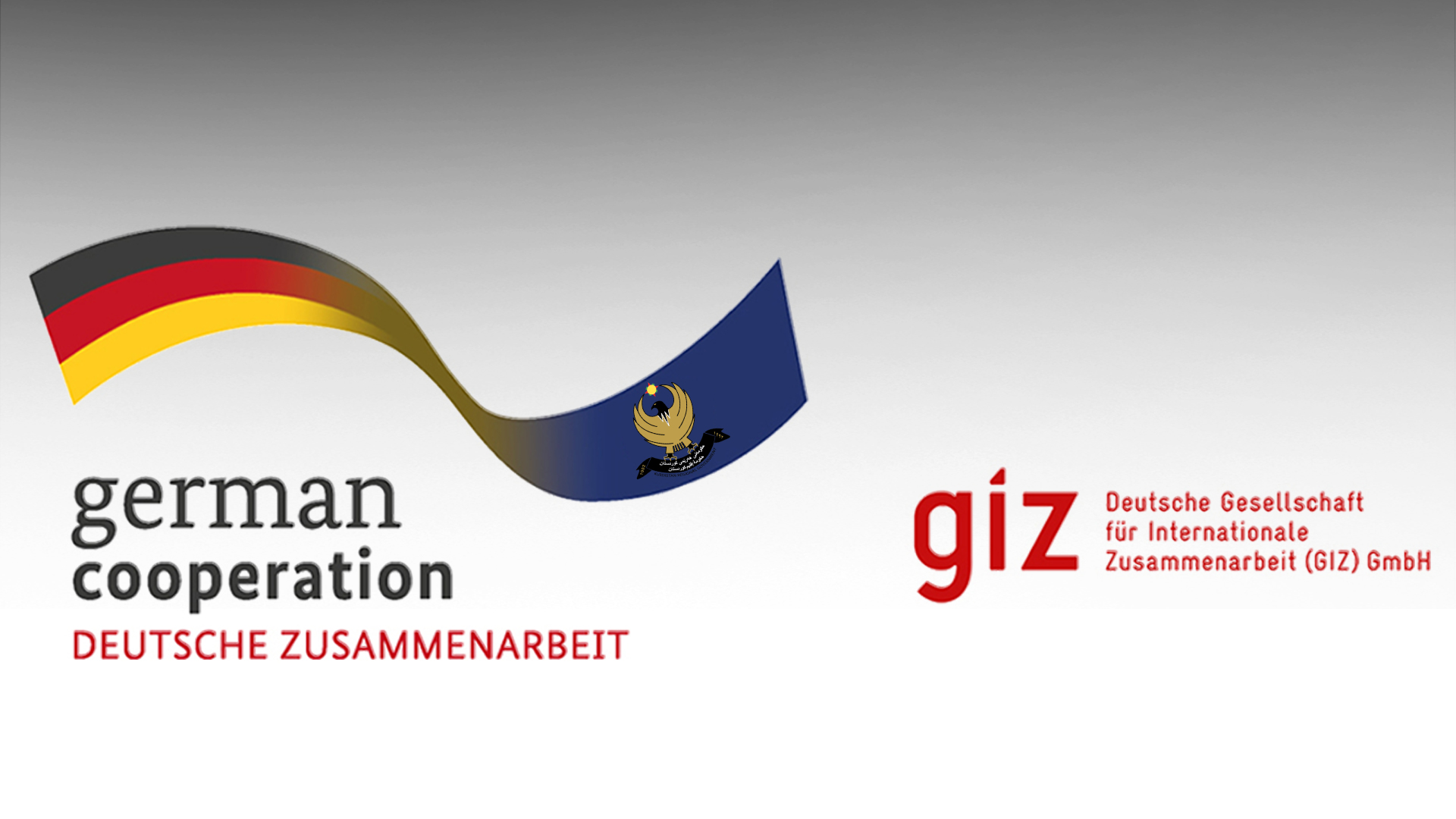Kurdistan, Germany Deepen Cooperation on Security, Humanitarian, and Youth Programs
Kurdistan Interior Minister highlights longstanding ties with Germany as a new GIZ "Letter of Intent" is signed, strengthening aid, education, and workforce initiatives.

ERBIL (Kurdistan24) — Kurdistan Region Interior Minister Reber Ahmed on Thursday highlighted the longstanding and close ties between the Kurdistan Region and Germany, emphasizing the strategic importance of continued cooperation in times of challenges. Speaking at a press conference, Minister Ahmed also announced the renewal of a Letter of Intent with Germany’s GIZ agency.
“We have a long and fruitful relationship with Germany and always appreciate the country’s support and coordination, especially during difficult times,” Ahmed said, praising the German government and its consulate in Erbil for their vital role in supporting the region.
He further acknowledged Germany’s direct and effective assistance during the fight against ISIS, describing it as instrumental in protecting the Kurdistan Region, the Peshmerga, and humanitarian efforts against terrorist groups.
The minister also underlined the progress made through cooperation with German organizations such as GIZ and THW in areas including humanitarian capacity building, aid for displaced persons and refugees, and support for health and education initiatives.
He noted that German institutions, through the Joint Crisis Coordination Center (JCC), have implemented several key projects across the region, including the “Capacity” program and the “Cash for Work” initiative, which have been widely appreciated.
A key highlight of the conference was the announcement of the renewed Letter of Intent with GIZ, marking the first time such an agreement has been formalized with the Interior Ministry. Ahmed described this as a clear sign of deepening relations and commitment to expanding cooperation.
Meanwhile, the German Consul General in Erbil, Albrecht Von Wittke, reiterated the strong economic, security, and social ties between Germany and the Kurdistan Region. He emphasized Germany’s plans to support skilled Kurdish youth seeking opportunities in the country while also assisting those who wish to return voluntarily to Kurdistan.
“Germany needs a skilled workforce, and we are committed to working with the Kurdistan Region to provide opportunities for youth to gain legal access to work and training in Germany,” he said.
The consul general also highlighted programs supporting returning residents, noting that through Germany’s GIZ agency, returning citizens receive assistance to reintegrate into society and access job opportunities. Pilot centers have been established in Halabja, Raparin, and Zakho to facilitate these programs.
In conclusion, the German consul expressed gratitude to the Kurdistan Regional Government (KRG) and the Interior Ministry for their ongoing coordination and support, which have strengthened cooperation with German agencies and institutions.
Germany has been one of the Kurdistan Region’s most reliable European partners since 2014, when it played a pivotal role in the international coalition against ISIS.
German forces trained and equipped Peshmerga fighters, while Berlin provided significant humanitarian aid to internally displaced Iraqis and Syrian refugees hosted in the Kurdistan Region.
Through agencies such as GIZ, THW, and KfW Development Bank, Germany has supported a wide range of programs aimed at strengthening governance, improving education, and boosting the local economy.
Erbil and Berlin also share strong cultural and academic ties, with numerous Kurdish students studying in Germany under scholarship programs.
Today, Germany remains a key advocate for the Kurdistan Region within the European Union, emphasizing its stability and democratic progress as essential to Iraq’s overall security and development.